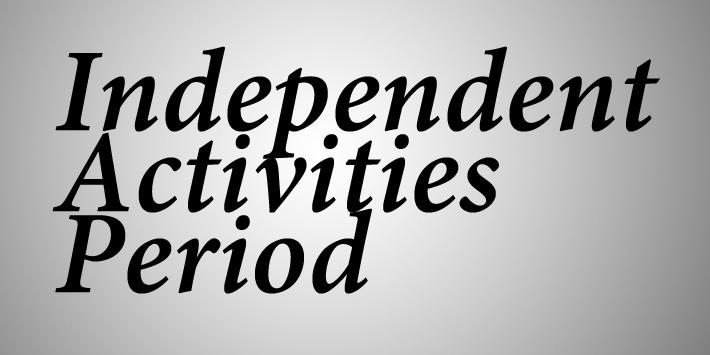

Robert N. Calton, Lecturer – Writing, Rhetoric, and Professional Communication
Enrollment: Limited: Advance sign-up required
Sign-up by 01/22
Limited to 20 participants
Attendance: Participants encouraged to attend all sessions but welcome at individual
If you have ever wondered how to effectively teach and learn with smartphones and tablets, this may be the program for you! This three-day seminar will focus on strategies to critically explore mobile applications through a rhetorical lens, as well as developing learner-centered applications for mobile devices. Participants will receive a general introduction to what mobile learning is (and is not!), an overview of basic digital rhetoric and learning theories, how to craft and deliver effective value propositions to explore and explain your project’s essential point of need, and of course, how to design a usable mobile learning experience and what to do after its release. By the end of the seminar, each participant will have produced a visual prototype of their mobile learning application, situated it in a “storyboard,” pitched it to their peers, and designed a personalized assessment method by which the application can be tested and refined. They will also leave with an increased awareness about how people both use and are used by mobile devices in our connected, digital age. All program materials are provided! Join us to discover ways in which we can bring our smartphones out of our pockets and into our classrooms and learning programs in meaningful ways.
Sponsor(s): Comparative Media Studies/Writing, Writing, Rhetoric, and Professional Communication
Contact: Robert Calton, rcalton@mit.edu
Monday, January 22. 2-4pm. 8-205
Orients participants to basic concepts of mobile learning, digital learning theories, and works through Carlson and Wilmont’s “Value Proposition” model to explore both situation and solution for mobile learning. At the end of this session, participants will have a detailed idea of the application they want to develop, what essential point of need it fills, and how to pitch it to others.
Tuesday, January 23. 2-4pm. 8-205
The second of three courses explicates contemporary design and engagement principles, as well as weighs the value of developing native versus mobile web apps. Compliance strategies, such as gamification and integrating social media, are explored for their usefulness and appropriateness. At the end of this session, students will have a framework for which they can begin to design their mobile learning application.
Wednesday, January 24. 2-4pm. 8-205
Participants produce a visual prototype (drawn) of their mobile learning application (“looks like” model) and situate that in a storyboard to simulate a user experience (“works like” model). We’ll discuss strategies in which the application can be piloted, explore types of user testing and multi-level assessment options, and discuss what those options can show us about refining your application’s experience and design.